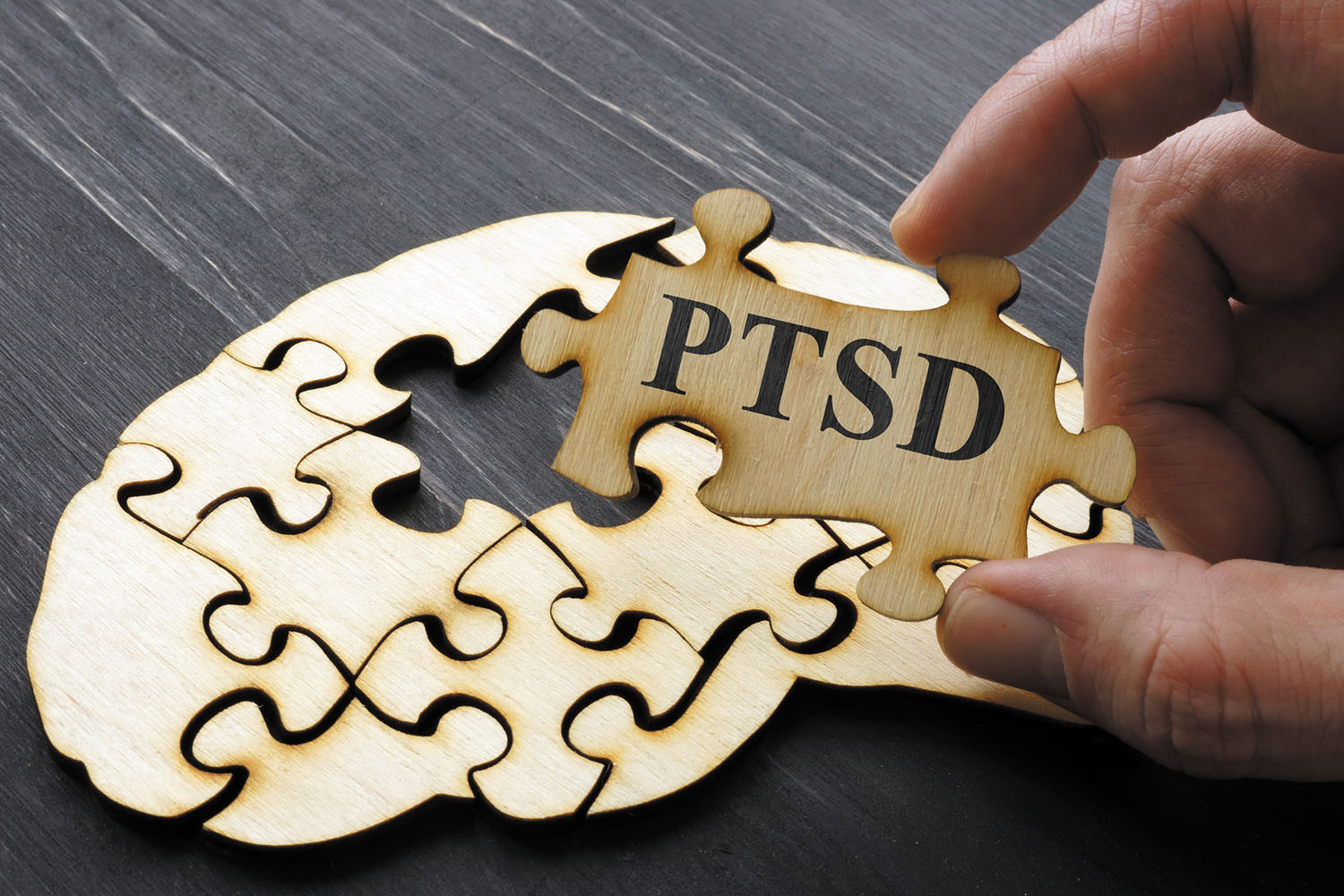
Post-traumatic stress disorder (PTSD) is more than stress after trauma. Stress is expected after a trauma; however, reliving the trauma through flashbacks, having sleep problems or irritability, feeling on edge, withdrawing from people, being in constant fear, and having trouble expressing feelings indicates more than typical stress. If you have lingering symptoms after experiencing trauma, you may need to talk with a therapist.
PTSD is real. Unfortunately, many loved ones do not understand what people with PTSD go through, and believe they should “snap out of it,” or “get over it.” This perspective may cause the person suffering to hide their symptoms, isolate, or self-medicate with drugs or alcohol. PTSD can be hard on the family and for relationships. Family therapy, marriage counseling, and support groups can provide insight and ways to cope with PTSD. Together, the person suffering the trauma, and loved ones, can engage in treatment that helps build new strategies to communicate better and show understanding and support through a challenging situation.
If you, or a loved one, is experiencing PTSD, reach out to a therapist who specializes in trauma. You do not have to suffer alone. PTSD often pushes people to withdraw and avoid talking to others about what they are feeling, but it could be the best thing you can do to get better. Don’t wait. Treatment can help you make sense of the traumatic event, learn better ways to manage negative thoughts, and how to reconnect with your loved ones.

